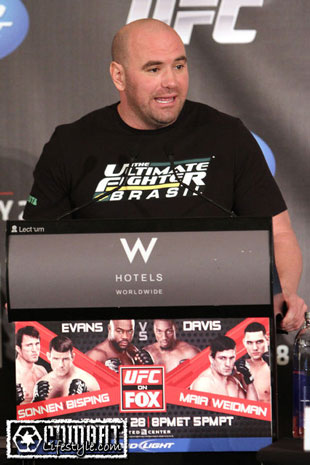Edwin Lyman, contributor
 NOBEL laureate and eminent scientist Joseph Rotblat was a man of inexhaustible energy, optimism and dedication. In this new biography, author and radiation oncologist Andrew Brown faithfully captures his character. Keeper of the Nuclear Conscience chronicles Rotblat's journey from his beginnings in a prosperous Jewish family in Warsaw, Poland, before the first world war, to his rapid rise from electrician to internationally prominent nuclear physicist, and ultimately his committed opposition to nuclear weapons.
NOBEL laureate and eminent scientist Joseph Rotblat was a man of inexhaustible energy, optimism and dedication. In this new biography, author and radiation oncologist Andrew Brown faithfully captures his character. Keeper of the Nuclear Conscience chronicles Rotblat's journey from his beginnings in a prosperous Jewish family in Warsaw, Poland, before the first world war, to his rapid rise from electrician to internationally prominent nuclear physicist, and ultimately his committed opposition to nuclear weapons.
A prot?g? of neutron discoverer James Chadwick, Rotblat had been one of the scientists on the Manhattan Project. Yet he left in 1944, and after the atomic bombs were dropped on Japan in 1945, his concern about the misuse of nuclear science drove him to become a vocal opponent of nuclear weapons. He went on to pursue a career in medical physics, and with the like-minded Bertrand Russell, organised the first Pugwash conference in 1957 in Canada.
Even as cold war mistrust reached fever pitch, this path-breaking and audacious event brought together Soviet and western scientists to discuss risks from weapons of mass destruction. Its success led to a series of conferences, continuing to this day, that helped lay the groundwork for a number of arms control agreements, including the 1963 Partial Test Ban Treaty. Rotblat and the Pugwash conferences were jointly awarded the Nobel peace prize in 1995.
Brown's great respect for his subject is apparent, but this is no hagiography. He hints at a personality that could be prickly and arrogant, and also takes a closer look at Rotblat's famous resignation from the Manhattan Project. By Rotblat's own account, he lost interest when Allied intelligence was convinced the Nazis had abandoned their own atomic bomb project. Although his moral qualms clearly were a major motivating factor, Brown presents a more complex story.
Whatever his motivations, Rotblat's departure from the Manhattan Project sealed his fate as an outsider: he learned about its "success" from a news report. Still, he was determined to play a major role in establishing policies to control the bomb that he had helped to develop.
His stature as a nuclear physicist enabled him to provide high-level expert advice and his public warnings about the dangers of fallout from hydrogen bomb tests soon rankled with the US and UK nuclear weapons establishments.
At times, Keeper of the Nuclear Conscience seems as much a history of the Pugwash conferences as a biography of Rotblat. Yet Brown makes a convincing case that the two were so closely intertwined that Rotblat deserves some credit for all its accomplishments.
Beyond its successes, the book also details Pugwash's many internecine conflicts - such as whether the organisation should pursue Rotblat's vision of an internationally verified nuclear weapon-free world or a more pragmatic, incremental approach to arms control. Rotblat, who periodically flirted with the idea of world government, was long concerned that the concept of national sovereignty enshrined in the UN charter hindered the international inspection and enforcement necessary to abolish nuclear weapons, and ultimately war itself. Today, when many nations routinely invoke "national sovereignty" to block international initiatives to slow the proliferation of sensitive nuclear facilities, increase the security of nuclear materials and strengthen the safety of nuclear power plants, it is hard to deny that Rotblat had a point.
Though he could do without so much speculation about the feelings of various players, Brown's use of numerous interviews, including one with Rotblat himself, make for compelling reading. Overall, Keeper of the Nuclear Conscience is a fine work that lucidly depicts the challenges faced by Rotblat and his Pugwash colleagues as they relentlessly pursued a more peaceful world.
Edwin Lyman us a senior scientist at the Union of Concerned Scientists in Washington, DC.
Book Information
Keeper of the Nuclear Conscience: The life and work of Joseph Rotblat
by Andrew Brown
Published by: Oxford University Press
?18.99/$29.95
Follow @CultureLabNS on Twitter
Like us on Facebook
sweet potato pie twas the night before christmas norad santa epic beard man new york jets nfl standings giants vs jets


 CHICAGO -- The war is on between the UFC and Internet hackers.
CHICAGO -- The war is on between the UFC and Internet hackers.